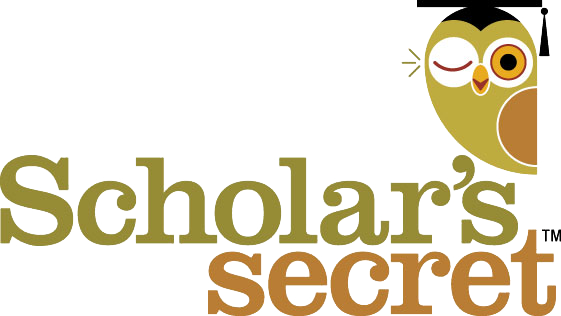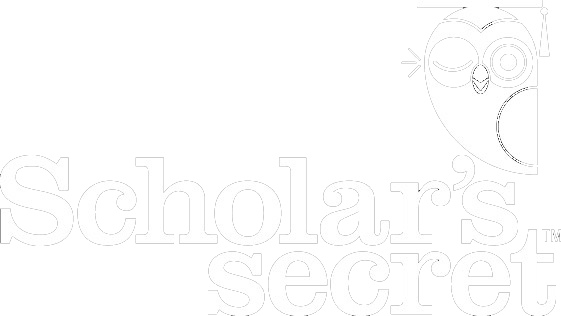You don’t have to be a lawyer, judge, or jury to appreciate the importance of evidence. Whether you’re selling a concept or a product, your ability to persuade relies, in large part, on your evidence.
So much of today’s communication is persuasive in nature. To persuade successfully, you must understand the needs of your audience; and then present content – including evidence – in line with their needs and way of thinking.
Great writers and speakers use a variety of evidence in their arguments*:
- Experts. Experts give ideas credibility – be sure to invoke those that your audience sees as objective. When possible, quote the expert. Example: “Allison Bruekner, MIS, Digital Services & Reference Librarian…, stresses the importance of tapping into specialized databases. ‘Stop Googling,’ she implores, ‘and explore all the resources at your fingertips!’”
- Statistics. When using statistics (i.e., numbers), amplify their credibility by citing the source. Example: “Indianapolis-based Lumina Foundation says that in order to keep America competitive…, we must boost the proportion of Americans holding high-quality degrees from today’s level of 38% to 60% by the year 2025.”
- Facts. Facts are “accepted truths.” But they’re effective only if the audience accepts them as truth. Example: “The more words you know, the easier it is to choose the most effective word for any particular purpose.”
- Examples. The example simply demonstrates how an idea has worked before. Example: “People love our system. For example, three of your neighbors have installed it this year alone.”
- Experience: Cite your own experience, that of your audience, or of the idea itself. Highlighting your audience’s prior positive experience is best. Example: “Your previous support of this program enabled us to re-train and re-employ over 300 workers.”
- Analogy: The powerful analogy draws a likeness between two things otherwise unlike and thus allows an audience to view the idea from a new angle. To create one, bring your idea outside its usual environment. Example: “Writing a book of poetry is like dropping a rose petal down the Grand Canyon and waiting for the echo. – Don Marquis”**
These types of evidence can and often do overlap – and that’s okay. Just be sensitive to your audience and choose forms of evidence they can accept. Need a little help? Contact Scholar’s Secret anytime!
* The happy owl is a proud alumna of The Executive Technique, a communications skills-development program that today serves over 1500 top companies worldwide. Adapted from The Executive Technique Resource Manual. Chicago: The Connellan Group, 1993. 4.1-.4. Print.
** Quoted at http://grammar.about.com/od/ab/g/analogy.htm, accessed July 9, 2011.

